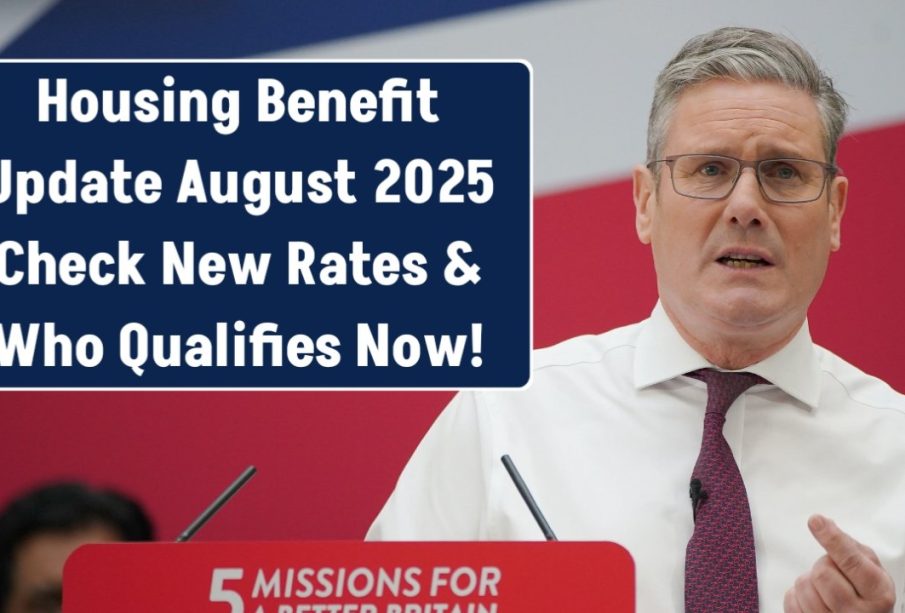Upcoming UK Housing Benefit Changes in August 2025

Introduction
The announcement of changes to the UK Housing Benefit system, effective from August 2025, has sparked considerable debate and concern among housing advocates and tenants alike. With the rising cost of living and increasing housing demands, understanding these changes is vital for both current and future claimants. The upcoming adjustments are designed to align the benefits system with contemporary housing needs, but they also raise questions about financial security for vulnerable populations.
Details of the Changes
In August 2025, the UK government is set to implement several significant changes to the Housing Benefit scheme. One of the primary changes includes the adjustment of the Local Housing Allowance (LHA) rates, which will be updated to reflect local rental market rates more accurately. This adjustment aims to ensure that claimants receive adequate support that corresponds with the current rental prices in their areas.
Additionally, the eligibility criteria for Housing Benefit will see revisions. Every claimant will undergo a reassessment process to determine ongoing eligibility. This reassessment will be more comprehensive, taking into account savings, income from other sources, and changes in household circumstances, which could affect a person’s right to claim benefits.
Moreover, to streamline the application process, the government plans to invest in a digital platform that allows for more straightforward online applications and renewals. This is expected to reduce processing times and limit the administrative burden on local councils, which have faced criticism for delays in benefit disbursement.
Potential Impacts on Claimants
The implications of these changes are expected to be far-reaching. While the increase in LHA rates might offer some relief in high-rent areas, many claimants could find themselves in a precarious situation if they no longer meet the revised eligibility criteria. This concern is particularly pertinent for low-income families and individuals who already struggle with housing costs.
Housing charities and advocacy groups have expressed mixed reactions, calling for the government to ensure that the forthcoming changes do not exacerbate existing inequalities in housing access. They argue that it is essential for the government to consider the socio-economic realities faced by claimants when implementing these adjustments.
Conclusion
The forthcoming changes to the UK Housing Benefit system in August 2025 present both opportunities and challenges. As the government aims to modernise the benefits scheme to meet current housing needs, stakeholders urge careful consideration to protect the most vulnerable populations throughout this process. As the implementation date approaches, continuous engagement from the government, housing experts, and community organisations will be crucial in helping individuals navigate these transitions while ensuring that support systems remain robust and effective.









